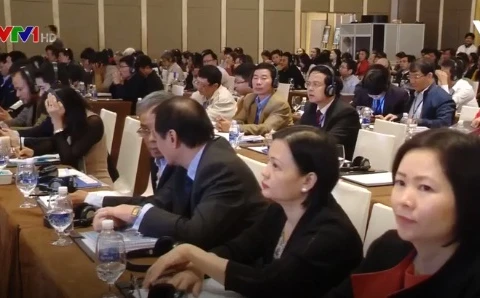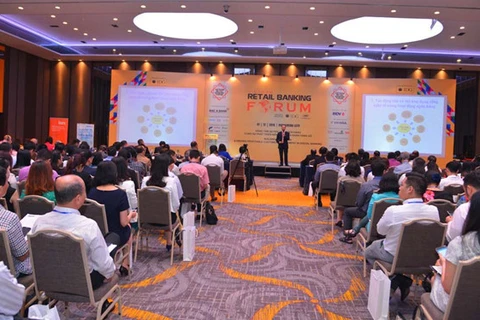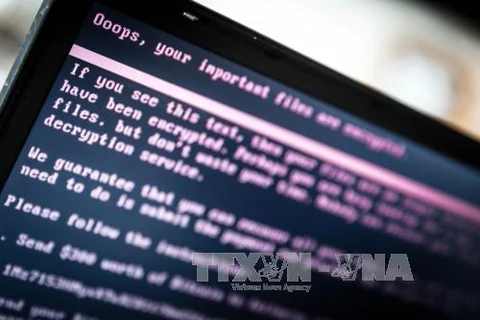 Funding shortages and foreign language deficiencies have hindered the nation’s efforts to strengthen information security in the digital era.
Funding shortages and foreign language deficiencies have hindered the nation’s efforts to strengthen information security in the digital era.(Photo: Vietnamnet.vn)
Hanoi (VNA) - Funding shortages and foreign language deficiencies have hindered the nation’s efforts to strengthen information security in the digital era, experts said.
At a conference held in the capital city on January 12, the experts reviewed progress made by Project 99, a seven-year (2014-2020) project aiming to develop human resources to ensure information security (InfoSec) in the country.
Held by the Ministry of Information and Communications, the Ministry of Defence, and the Ministry of Training and Education, the conference attracted the participation of businesses working in the InfoSec sector, universities and colleges.
The conference heard that 91 InfoSec lecturers, including 63 doctorate and 18 master degree holders have been trained overseas in 11 countries. 100 InfoSec post-graduates, as well as 853 engineers and bachelors degree holders have graduated and found employment. In State agencies, 4,600 InfoSec staff members have attended short-term training programmes to enhance their knowledge and capacities.
Nguyen Huy Dung, deputy head of the Information Security Department, said the biggest challenge in implementing the project was a shortage of funds. In the 2014-2017 period, the project received just 100 billion VND, about one-fifth of the approved budget of 470 billion VND (20.73 million USD).
Lack of foreign knowledge fluency and professional knowledge among InfoSec trainers and teachers was also a problem, making it unlikely that the project would meet its target of sending 1,500 InfoSec experts abroad for short-term training in internationally renowned institutions.
A representative of BKAV Corp said that there was high demand for InfoSec training, especially in information sensitive areas such as banking, finance and transportation. Project 99 needs to take this into account and call for private sector involvement to “ensure that Infosec training is efficient and yields practical results.”
Most participants from ministries, universities and businesses agreed that in the current context, in-country short-term training using international curriculum and foreign lecturers/instructors should be prioritised. Capable Vietnamese businesses should also be invited to participate, since InfoSec training is something many foreign institutions would be reluctant to transfer to another country, they said.
Deputy Minister of Information and Security, Phan Tam, has asked the project’s steering committee to use the feedback and submit a revised plan to the Prime Minister. He said the report must state clearly the project’s impacts to date and what it has to do in the future.-VNA
VNA
























